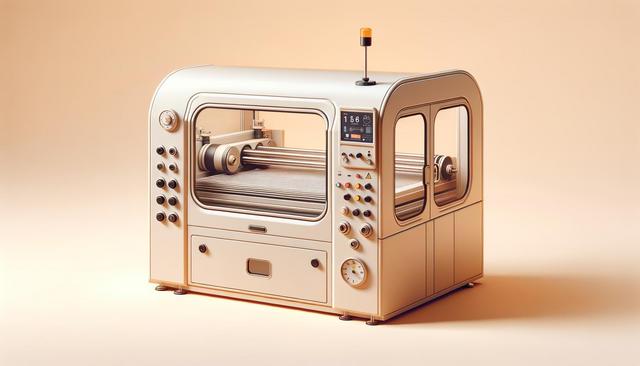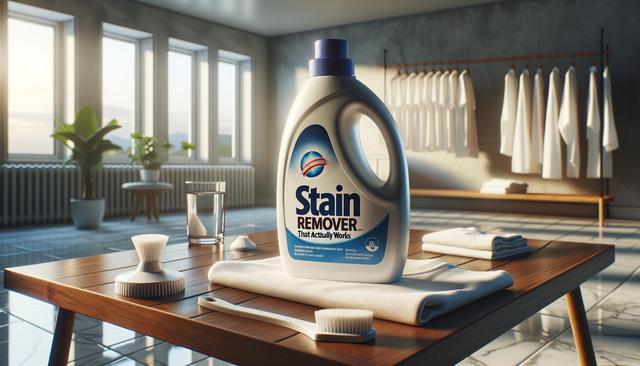Understanding the Role of Coating Machines in Modern Manufacturing
In today’s manufacturing landscape, coating machines have become indispensable tools for enhancing the quality and longevity of various products. These machines are specifically designed to apply uniform layers of protective or functional coatings on surfaces, ranging from metals and plastics to textiles and paper. By automating the coating process, manufacturers can achieve a level of consistency and precision that is difficult to replicate manually. This automation not only increases throughput but also minimizes material waste and operational errors, making the entire process more efficient and cost-effective.
Coating machines are utilized in a wide array of industries including automotive, electronics, packaging, medical devices, and construction. Their ability to handle diverse materials and coating substances makes them versatile assets in any production line. Whether it’s applying anti-corrosion layers on metal parts or adding water-resistant barriers on packaging films, the adaptability of coating machines ensures they meet the specific demands of each industry without compromising on quality.
Types of Coating Machines and Their Applications
There are several types of coating machines available, each tailored to different applications and operational scales. Understanding the differences between these machines can help businesses choose the right solution for their surface treatment needs. Common types include:
- Roll-to-roll coating machines: Ideal for continuous coating applications on flexible substrates like films and foils.
- Slot-die coaters: Known for their high precision in applying uniform layers, especially in electronics and optical components.
- Spray coating systems: Suitable for uneven or complex surfaces, offering flexibility in material application.
- Dip coating machines: Commonly used for applying coatings on small or batch-produced items like medical instruments.
The selection of a coating machine typically depends on factors such as substrate material, type of coating required, production volume, and desired coating thickness. Manufacturers often conduct trials and evaluations to determine the most effective machine configuration for their specific processes.
Enhancing Efficiency Through Automation and Integration
Modern coating machines are increasingly being integrated with advanced automation systems, allowing for greater control, monitoring, and optimization of the coating process. Features such as programmable logic controllers (PLCs), real-time data collection, and feedback mechanisms enable operators to fine-tune parameters for optimal results. This level of integration significantly reduces human error and ensures repeatable quality across production batches.
Additionally, many coating systems now offer compatibility with Industry 4.0 technologies, including remote diagnostics and predictive maintenance tools. These advancements minimize unplanned downtime and help extend the lifecycle of both the machine and the coated products. Companies that invest in automated coating solutions often report faster turnaround times, improved product quality, and lower operational costs.
Environmental Considerations and Sustainable Practices
As sustainability becomes a core focus in manufacturing, coating technology is evolving to meet stricter environmental standards. Water-based coatings, low-VOC (volatile organic compound) formulations, and energy-efficient drying systems are increasingly being adopted to minimize the ecological footprint of surface treatments. Coating machines play a crucial role in this shift by enabling precise application, which reduces excess material use and lowers emissions.
Furthermore, modern machines are designed for better resource management, such as reclaiming overspray in spray systems or recirculating unused coating materials. These features not only support environmental goals but also contribute to cost savings in the long run. Manufacturers are also exploring the use of biodegradable and non-toxic coating materials, driven by both regulatory requirements and consumer demand for greener products.
Choosing the Right Coating Machine Solution
Selecting the appropriate coating machine solution requires a comprehensive understanding of the production requirements and long-term goals of the business. Key factors to consider include:
- Material compatibility and coating substance
- Desired finish quality and thickness
- Production speed and volume
- Ease of maintenance and operator training
- Integration capabilities with existing systems
Working with experienced equipment providers can help businesses navigate these considerations and identify solutions that align with both technical and budgetary constraints. Customization options are also available for specialized applications, allowing manufacturers to tailor their coating systems to meet unique operational challenges.
Conclusion: Unlocking Performance with Advanced Coating Solutions
Coating machines are essential tools for enhancing surface treatment efficiency across a broad spectrum of industries. Their precision, adaptability, and ability to integrate with automated systems make them a valuable investment for manufacturers aiming to improve product performance and streamline operations. By selecting the right coating solution and embracing sustainable practices, businesses can achieve high-quality finishes while meeting both productivity and environmental goals.




Leave a Reply